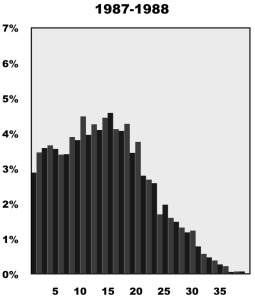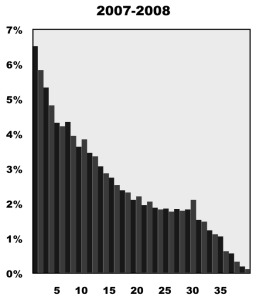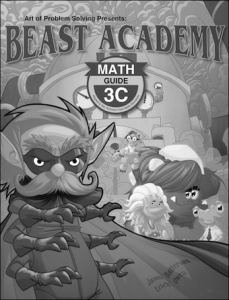
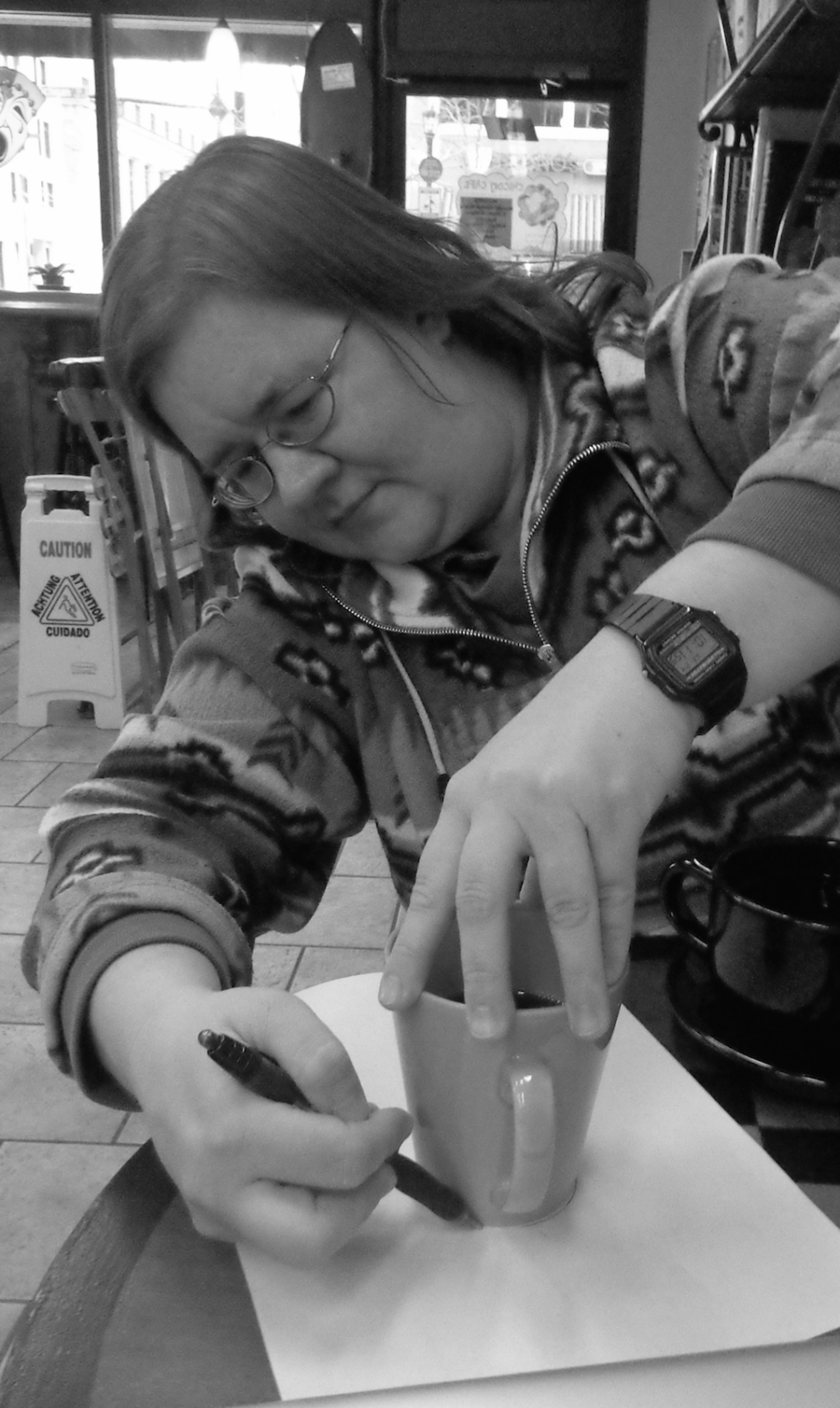
Amanda Serenevy
Amanda is the director of the Riverbend Community Math Center. I first met her in Washington DC folding origami with elementary school children. Like all great educators there is an intensity about the way she inspires students in her midst. She really listens to their discoveries and imparts a hunger and an urgency. Somehow she couples this with zen-like calm 😉
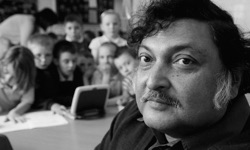
Sugata Mitra
1952 -
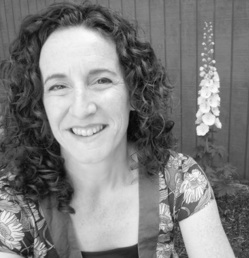
Malke Rosenfeld
Malke explores the intersection of mathematics and dance. “Math in your feet” is the most physically dynamic mathematics initiative with children creating their own dance. I am a little biased because we are writing a book together for young children: “Socks are like Pants, Dogs are like Cats.” The book is all writen, we just need to find the right Book illustrator for it now!
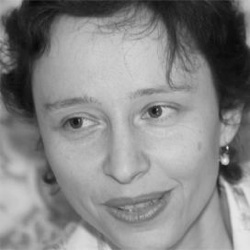
Maria Droujkova
Maria is the founder of the Math 2.0 Interest Group which is helping math education communities talk to one another through frequent webinars. She is also co-author of the joyous “Moebius Noodles – Adventurous math for the playground crowd.”
Visit her web site here.
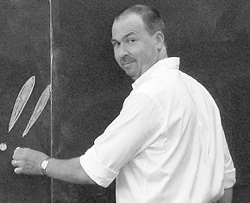
James Tanton
1966 -
James Tanton has a vision of mathematics education identical to my own. He introduces tough, engaging problems to his students (lucky students!) and offers videos to inspire teachers. His natural “centre of gravity” is in high school. Visit him here.
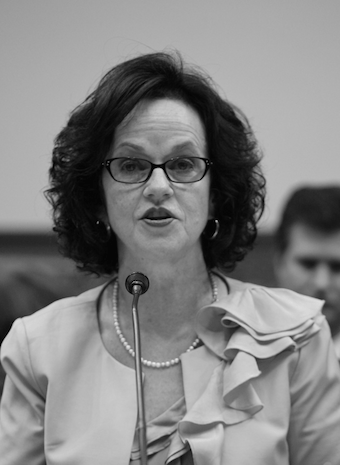
Deborah Ball
The statistics gave a 1-2 punch:
1) Students of first year teachers perform 3% lower than average students. Students of second year teachers are nearly as strong as long-term teachers.
2) Teacher demographics show that the number of first year teachers in the workforce has recently risen from 3% to 6.5%:
It was more than just the raw statistics that were impressive. Deborah was a strong apologist for the need for change:
The U.S. does not have a professional system for preparing, licensing, or improving the quality of teaching.

Henri Picciotto
When I lamented the choice of beauty versus pedagogy he immediately responded that I didn’t have to choose – that I only had to add on a little bit at the start of my story – that I was blinded by fog.
My cherished Aesthetics were not lost – just postponed by 5 minutes.
This little vignette shows a man deeply connected to what works and how to get the best out of students (and his peers.)
Henri’s web site is here.
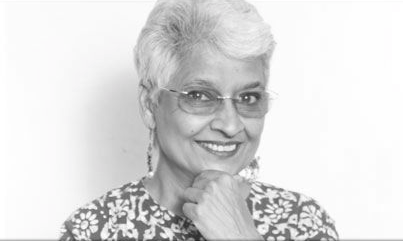
Sharanjeet Shan
Math is important because it’s a skill of life. Everything you do is connected to mathematics. It’s the discipline of nature. Understanding maths makes you a better person in terms of how you solve problems. You cannot get away from it
Algebra is a skill of understanding patterns.
80% of careers require some amount of quantitative literacy.
Listen to a radio interview with her here.
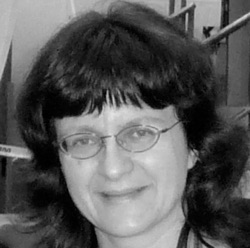
Julia Brodsky
Julia Brodsky is a founder of Art of Inquiry which is a stimulating enrichment program for students aged 6-9. Visit the Art of Inquiry here.
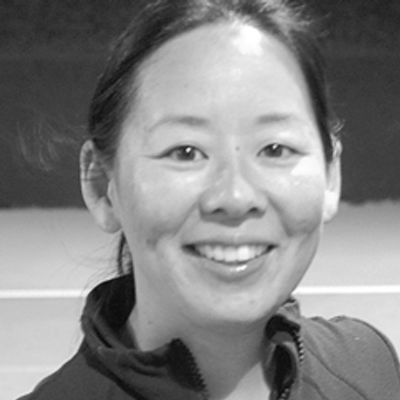
Lora Saarnio
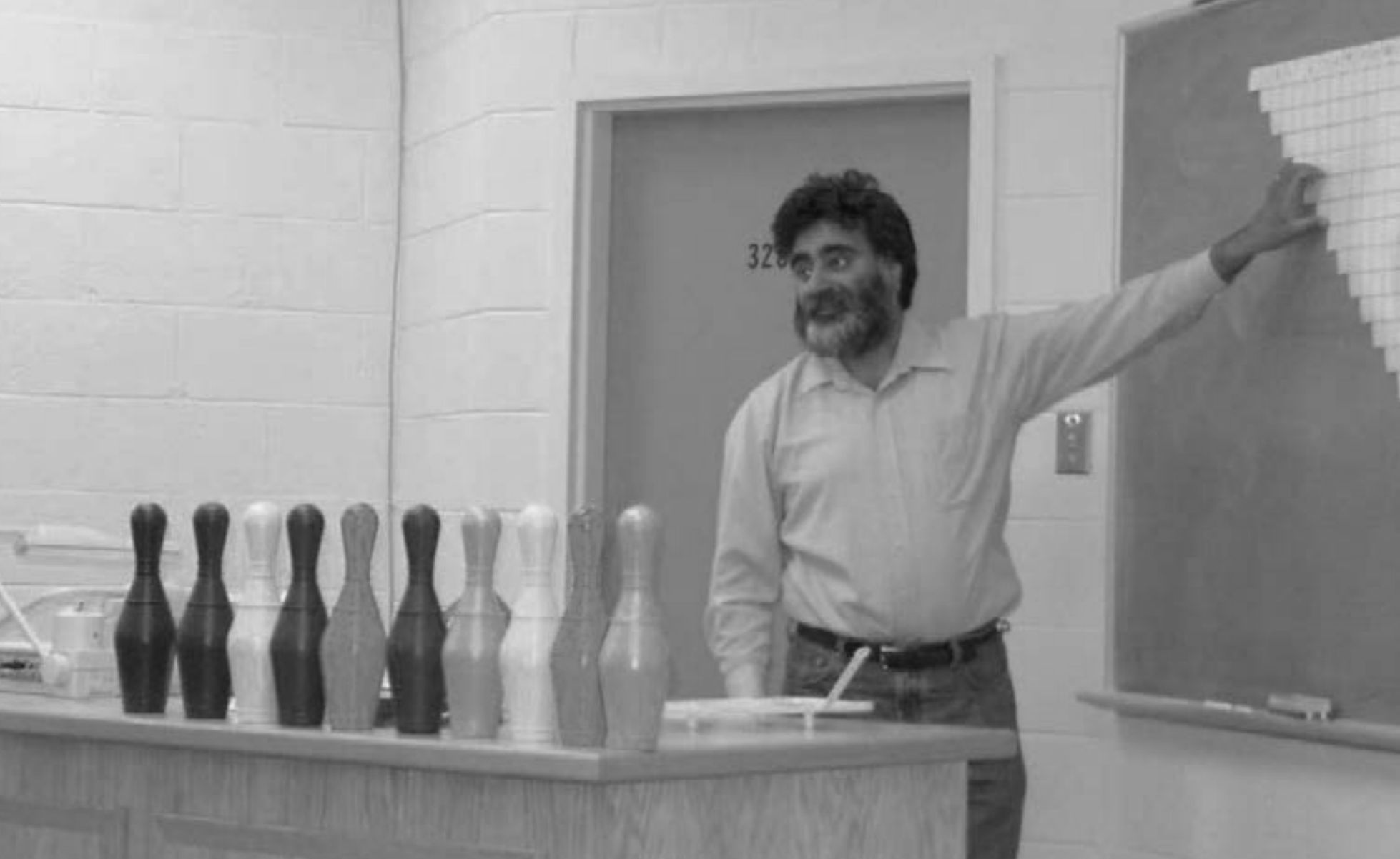
Amar Sodhi
Asmita Sodhi introduced one of her father’s favourite puzzle designs… He called it Pentomino Sudoku… but pronounced it “Pento-meano Sudoku” Asmita relates with a smile. Amar died during Asmita’s mathematics PhD program in Dalhousie. Here is a tribute of her father by Terry Pike – Western School District, Newfoundland:
Many, many teenagers experienced the fun of mathematics because of the efforts of Dr. Sodhi. Many teenagers from small communities came to spend social time with others who shared those interests and aptitudes. In those workshops, they were not unique and different “math brains and geeks”, they were one of dozens and dozens who showed each other that there are many places for lovers of Math fun! [Dr. Sodhi] gave that gift and left that legacy to many of our next generation of leaders in his adopted home of western Newfoundland. We are the richer for his gentle ways, innovative community outreach workshops, and willingness to share his time and skills with his own children and other people’s children, also. In my estimation, it is a wonderful epitaph of high esteem to be remembered as a generous man.
https://notes.math.ca/archives/Notesv50n6.pdf

William G. McCallum
William McCallum is the architect of the Common Core Curricular Standards which have (as of 2015) been adopted by 43 states. I was quite skeptical until I sat next to him at an event in Washington DC. The Common Core Curricular Standards are goal posts. They do not say how to reach the goal. They are not a curriculum.
People may quibble about the details – like whether binary ought to be taught in junior high, but in the grand scheme, this is not as critical as establishing a good set of goal posts.
There is already good consensus with 43 states adopting the Common Core in the USA. Let’s not hesitate to adopt Common Core so that we have a baseline (i) from which to measure performance (ii) to change when evidence indicates a superior Common Core version 2.
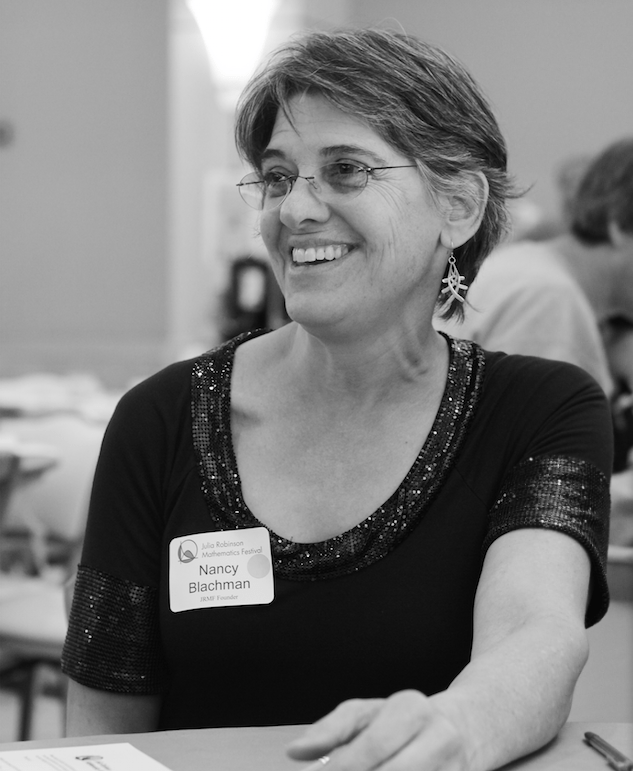
Nancy Blachman
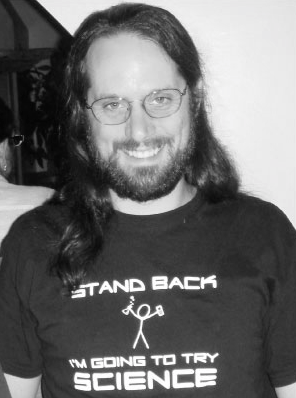
Joshua Zucker
Joshua is an able leader of this inspired initiative. Many of the table activities are designed by him, and they are magnificently crafted hierarchical exercises which allow students of different ability to jump right in.
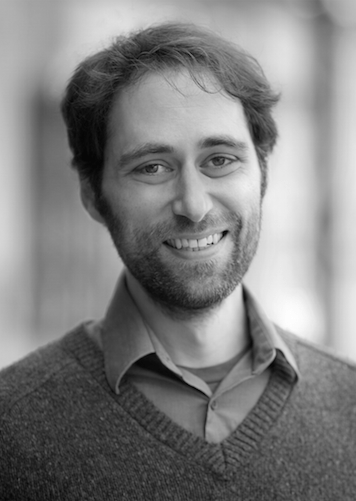
Dan Finkel
Please use MathPickle in your classrooms. If you have improvements to make, please contact me. I'll give you credit and kudos 😉 For a free poster of MathPickle's ideas on elementary math education go here.
